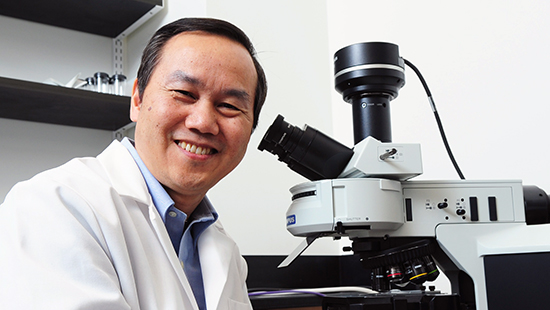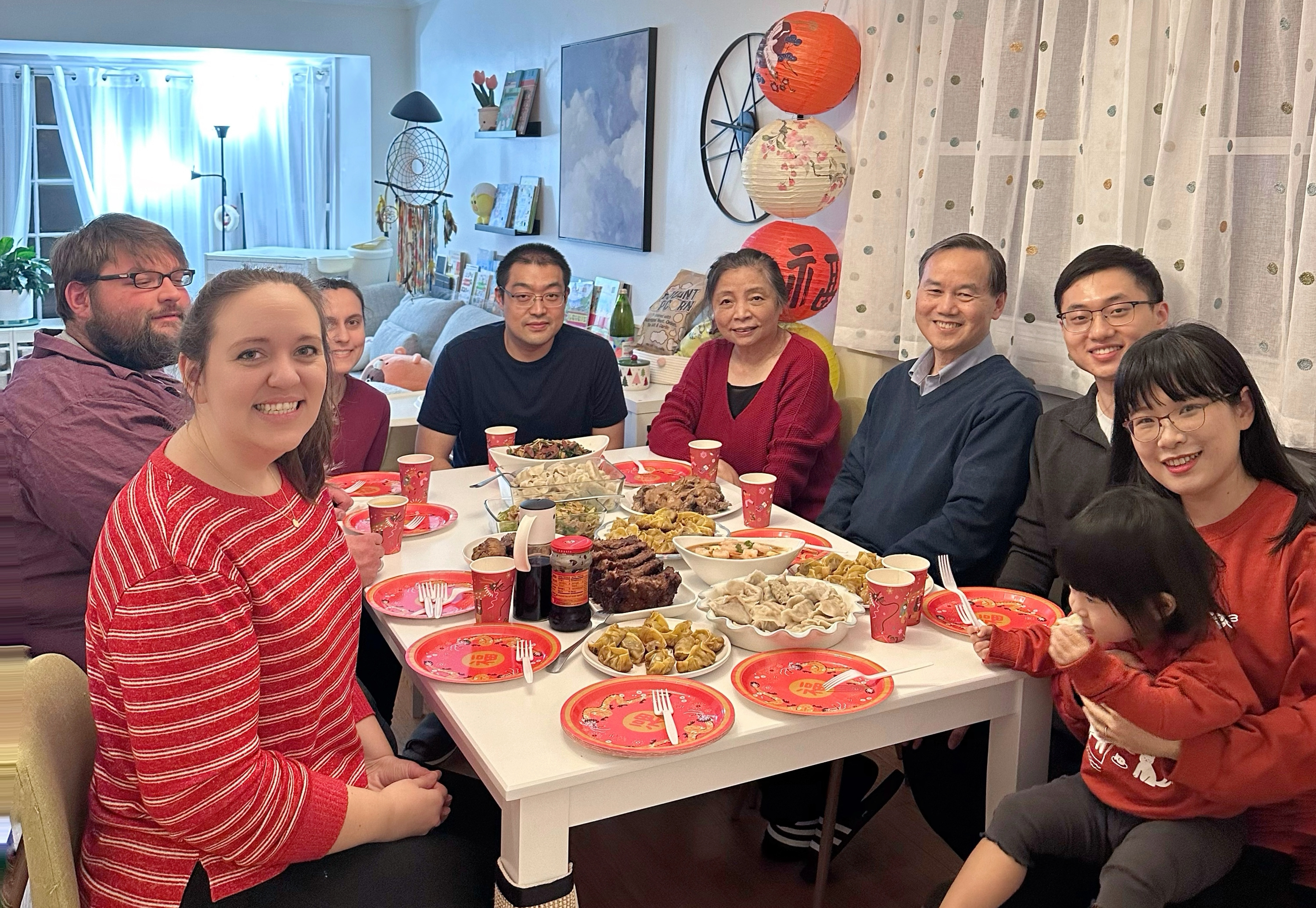Developing novel approaches for anti-cancer therapies.
The primary goal of research projects in Cheng laboratory is to improve our understanding of the molecular mechanisms and signaling pathways of human cancer initiation, tumorigenesis, invasion, metastases and therapy resistance, and to develop novel approaches for anti-cancer therapies. Our approaches include computational methods, molecular and cellular biology, tumor xenograft model in animal, human iPSC-derived glioma model, and 3D tumor organoid model.
The Latest From the Lab

Lab Leadership
Shi-Yuan Cheng, PhD
Professor of Neurology (Neuro-oncology)
